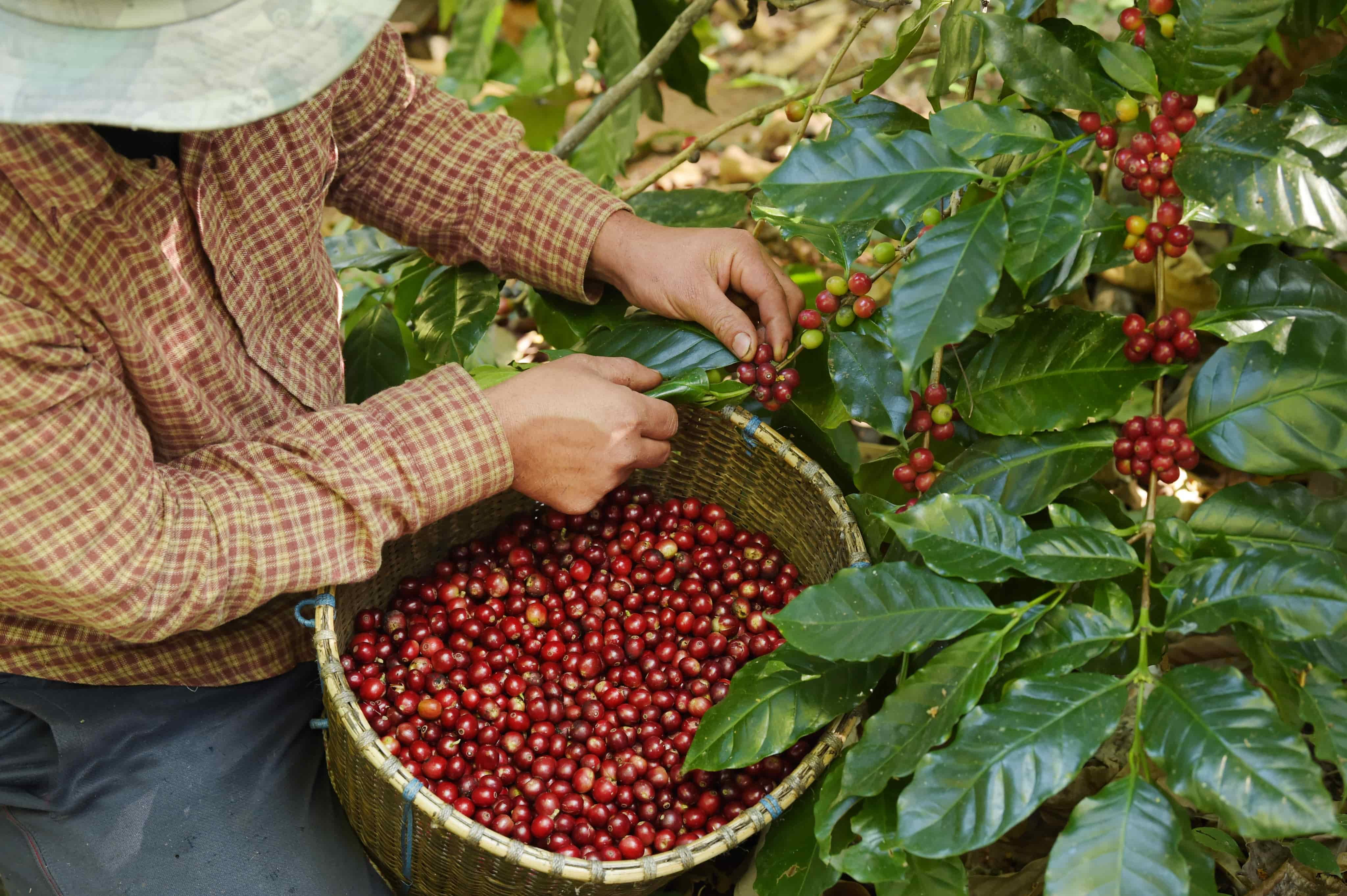



Capital linkages
UN SDGs impacted
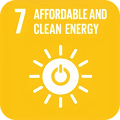

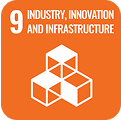

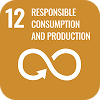
We are creating a leaner, more agile, resilient, digital and highly autonomous supply chain system to drive value in our operations, provide superior service to consumers and customers and strengthen our competitive advantage.
of all goods, services and CAPEX locally sourced
World Economic Forum recognised Lighthouse Factories
lower CO2 emissions in our manufacturing sites compared to 2008
total material spends
out of 27 factories with 100% renewable energy status

We have unlocked efficiency in our mass formats production by replicating our single-minute changeovers and online changeover strategies across more manufacturing lines.
Our nano factories, which enable us to handle lower volume production plans, have allowed us to achieve superior fulfilment with lower inventory. We have produced over 500 SKUs in these factories and supported more than 150 innovations, leading to faster time-to-market.
During the year, we expanded our Project ‘Samadhan’ to Mumbai. Samadhan model is curated for high complex metro geographies and is a fully end-to-end tech enabled ecosystem to achieve next day delivery for retailers.
We continued to leverage our sophisticated AI driven forecasting tools to gain data-driven insights that streamline our planning processes and enhance our ability to anticipate and respond to market cycles with greater precision. This allows us to proactively adjust inventory levels and optimise resource allocation to ensure superior availability.
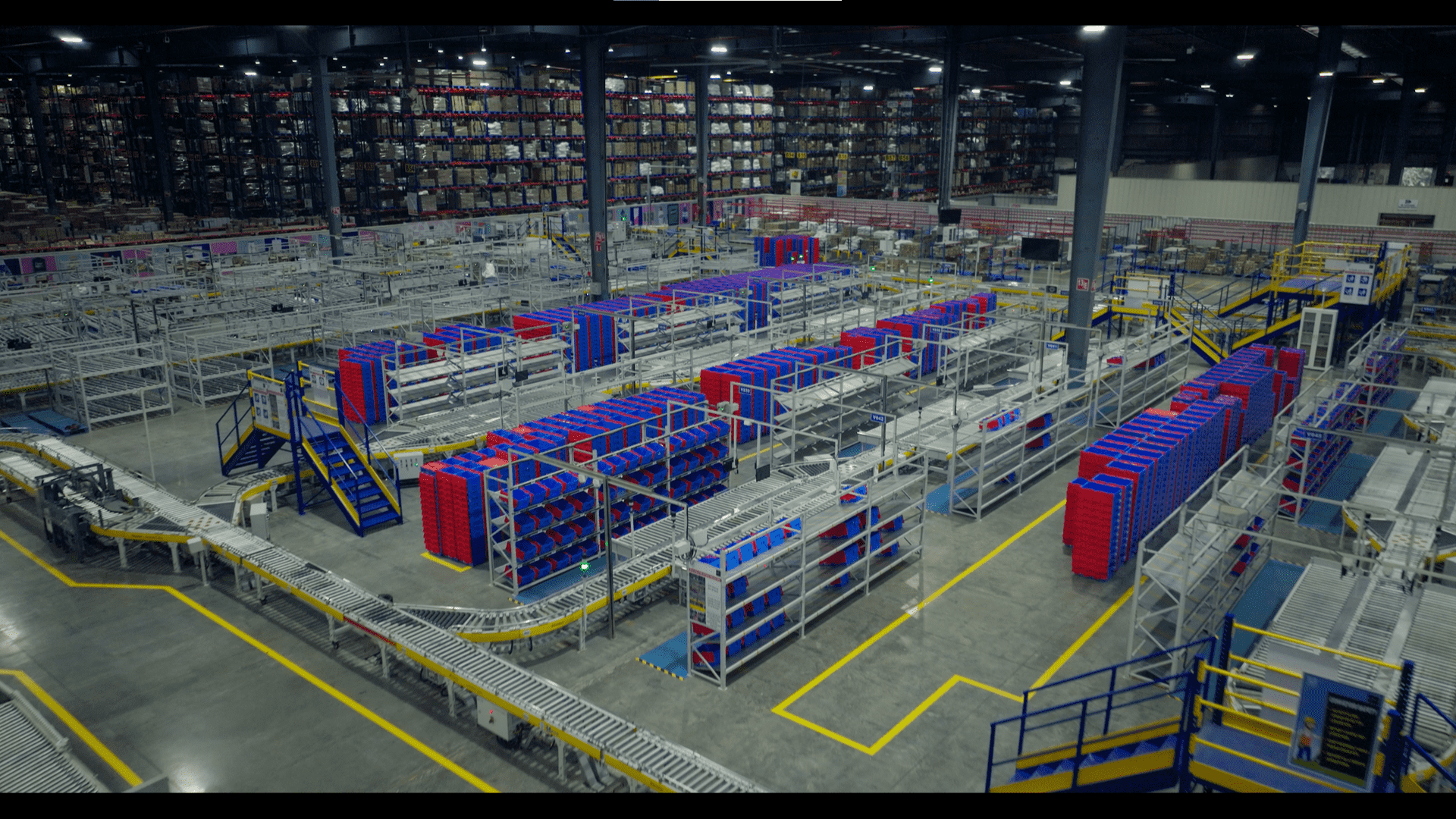
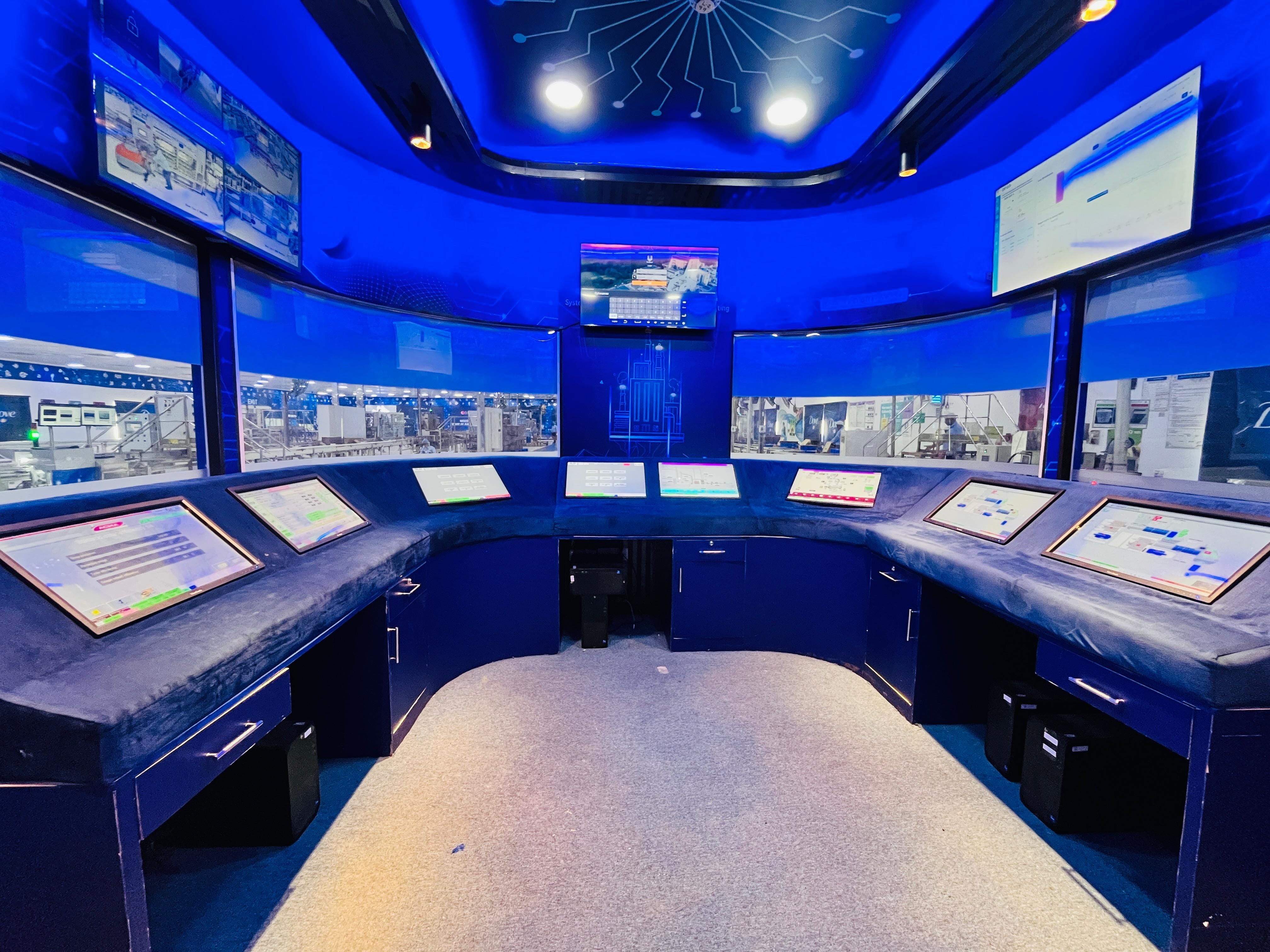
Our commitment to competitive pricing is underpinned by a robust cost management programme. This includes optimising asset utilisation across our operations and implementing continuous process improvements to maximise efficiency and minimise waste.
Our Manufacturing Control Tower has enabled us to benchmark key parameters across sites to identify best practices and optimise machine efficiency. Our digital interventions also provide timely insights to mitigate production and energy losses, thereby lowering conversion costs.
Our ‘lights-off manufacturing’ approach requires minimal manual intervention thus enhancing efficiency, reducing waste and reinforcing our non-negotiables of safety and quality.
With Project ‘Nakshatra’, we have been able to reduce the distance between factories and consumers thus increasing agility and rationalising cost.
We are also upgrading the infrastructure of our distribution centres to make them future-ready. These modern warehouses will feature consolidated sheds, a smaller space footprint, and higher throughput, further dialling up value creation.
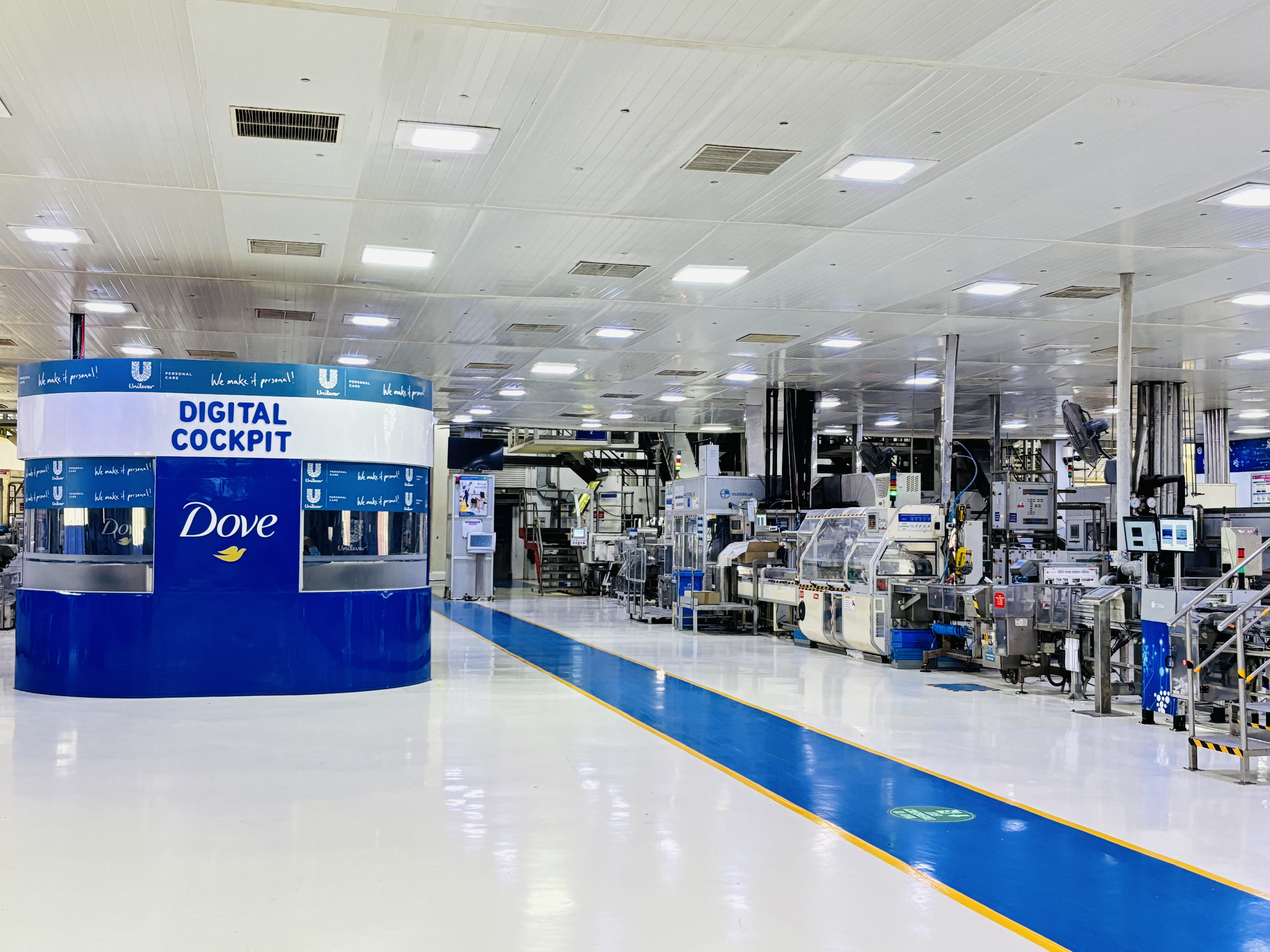
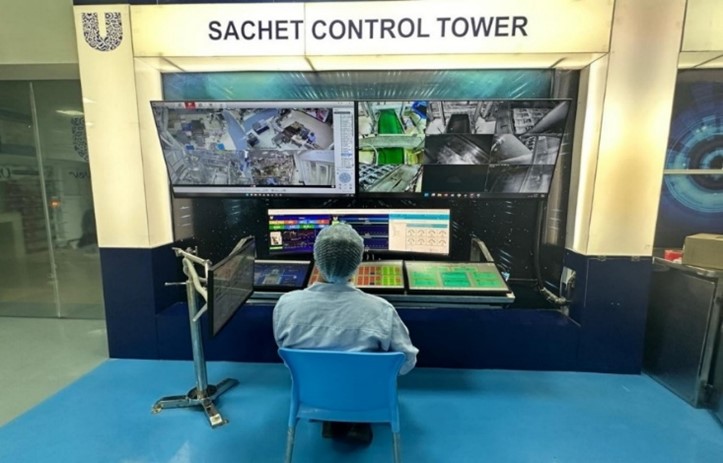
Delivering superior quality products is essential to enhancing the consumer experience. To this end, we have intensified our efforts to ensure zero market incidents. Our Quality Management Systems have been reinforced to better align with evolving consumer needs. Additionally, stringent quality norms have been implemented at multiple stages, from suppliers and factories to warehouses and retail stores. These initiatives are enhancing our competitive edge in quality compared to our competitors.
We have been leveraging digital interventions for both quality assurance and quality control. Technologies such as Process Digital Twin and AI Vision Systems are enhancing our in-pack and on-pack product quality standards. We plan to expand these technologies to improve process parameters and prevent quality defects.Our continuous efforts have resulted in a 30%* improvement in our retail quality standards compared to last year therefore ensuring better consumer experience.
*Calendar year 2024
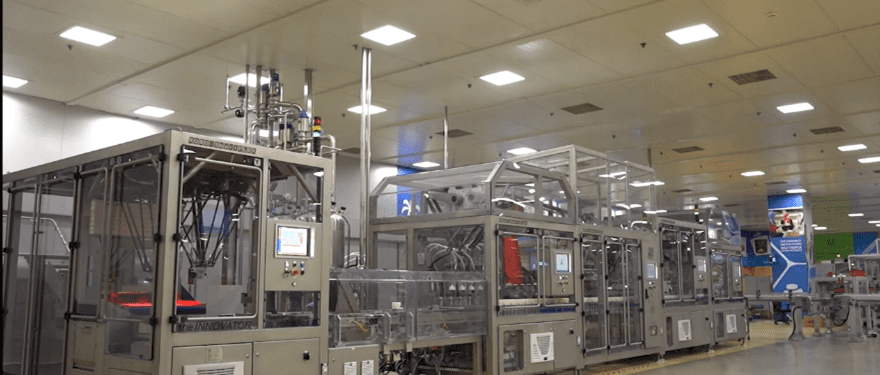
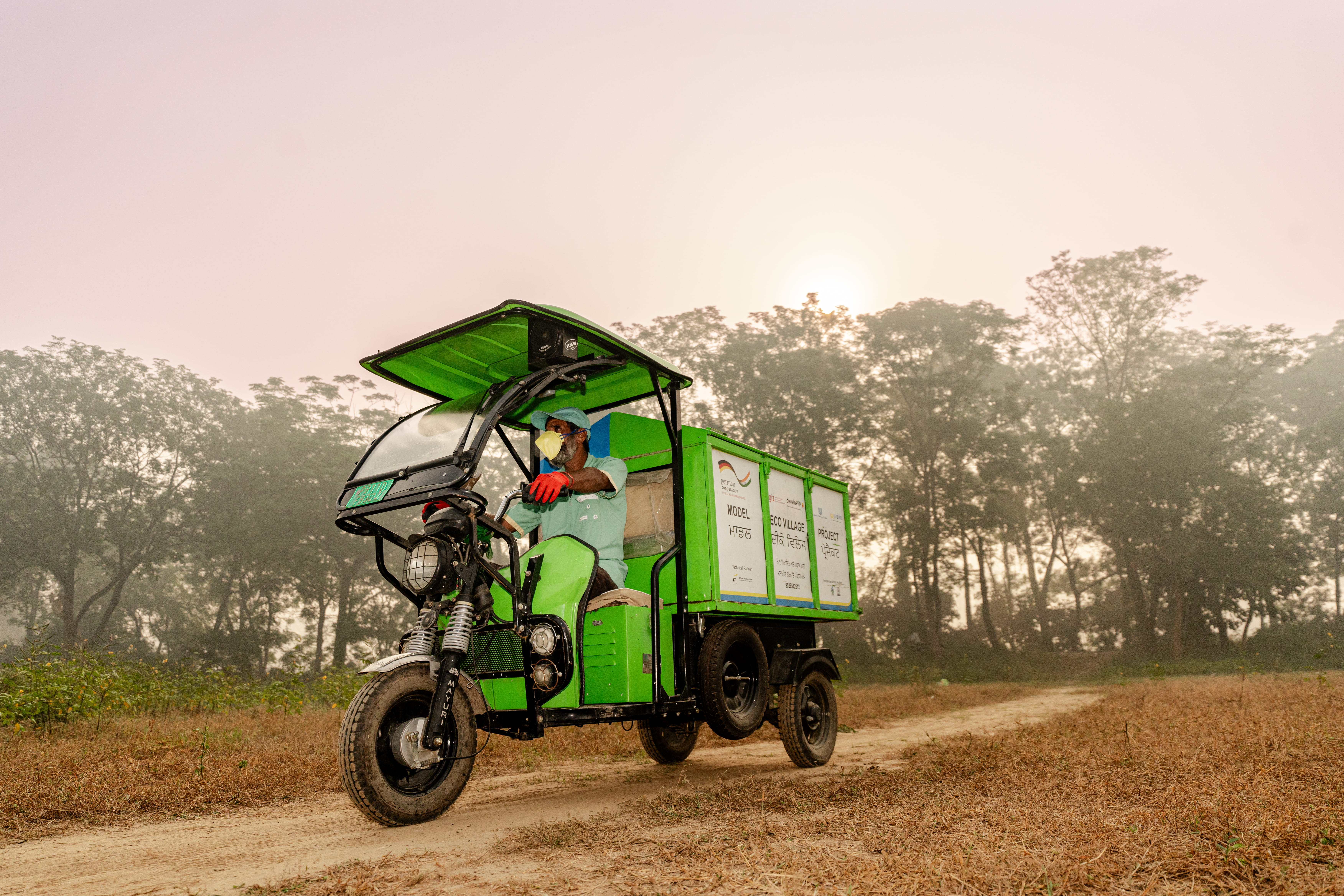
This year marked a significant transformation in our soap bars business in India, with reformulations that helped reduce the use of high GHG-impact palm oil-derived materials while also moving to 100% certified No Deforestation, No Peat Palm (NDP).
We are committed to transitioning our operations to renewable energy sources: wind, biomass, and solar. 97%* of our operations are now powered by renewable energy.
*For HUL, including subsidiaries.
Our sustainable community development initiative, Prabhat, has positively impacted the lives of ~11 million people since its inception through economic empowerment, health and nutrition, and environmental sustainability.
We have also aligned our water stewardship program with the Alliance for Water Stewardship (AWS) Standard, with our Chhindwara site being the first in Unilever to achieve the prestigious AWS Platinum certification.
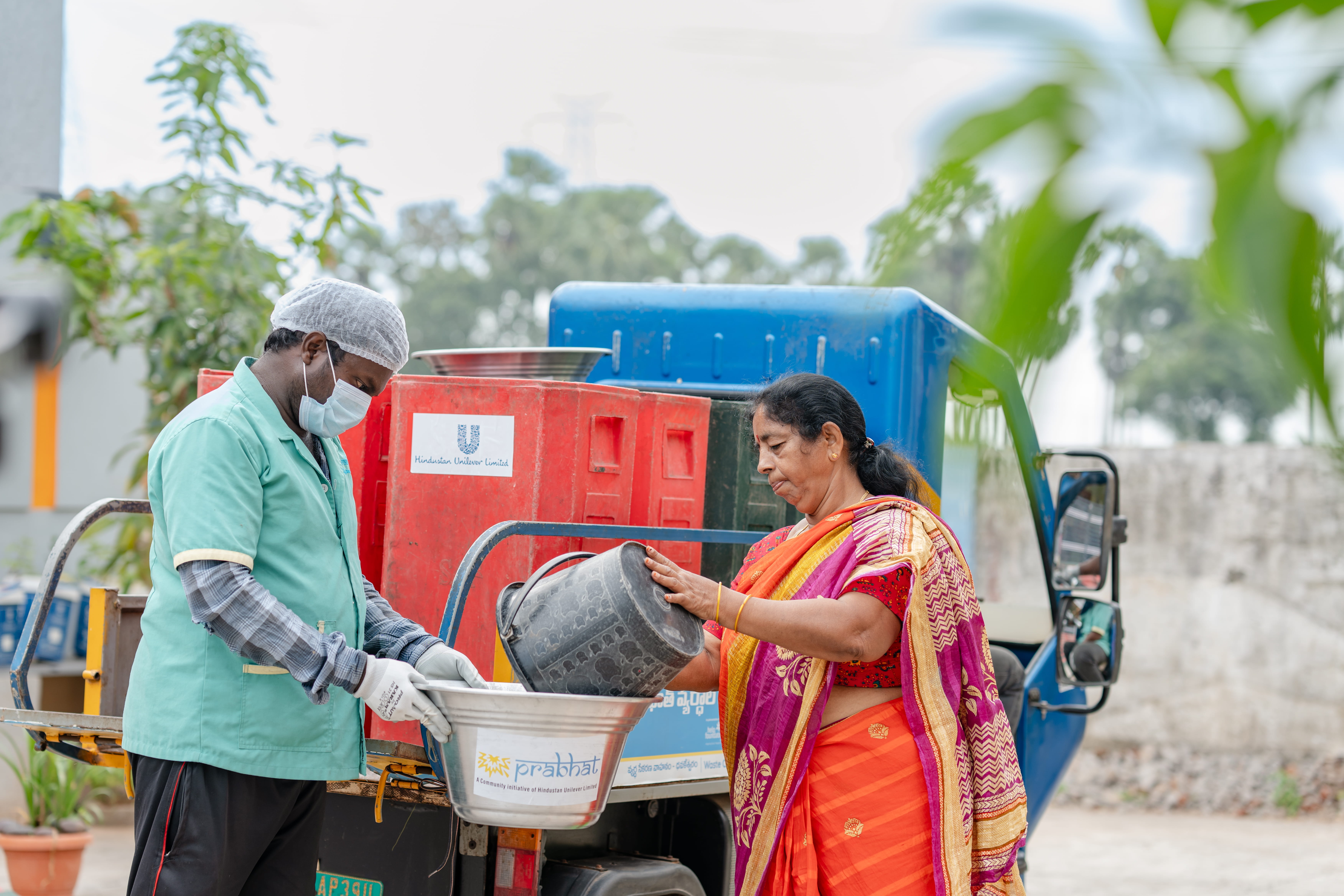

In line with our palm localisation strategy, we announced the acquisition of a palm undertaking of Vishwatej Oil Industries Private Limited. We aim to build supply chain resilience for palm derivatives through backward integration, enabling sustainable and regenerative agricultural practices.
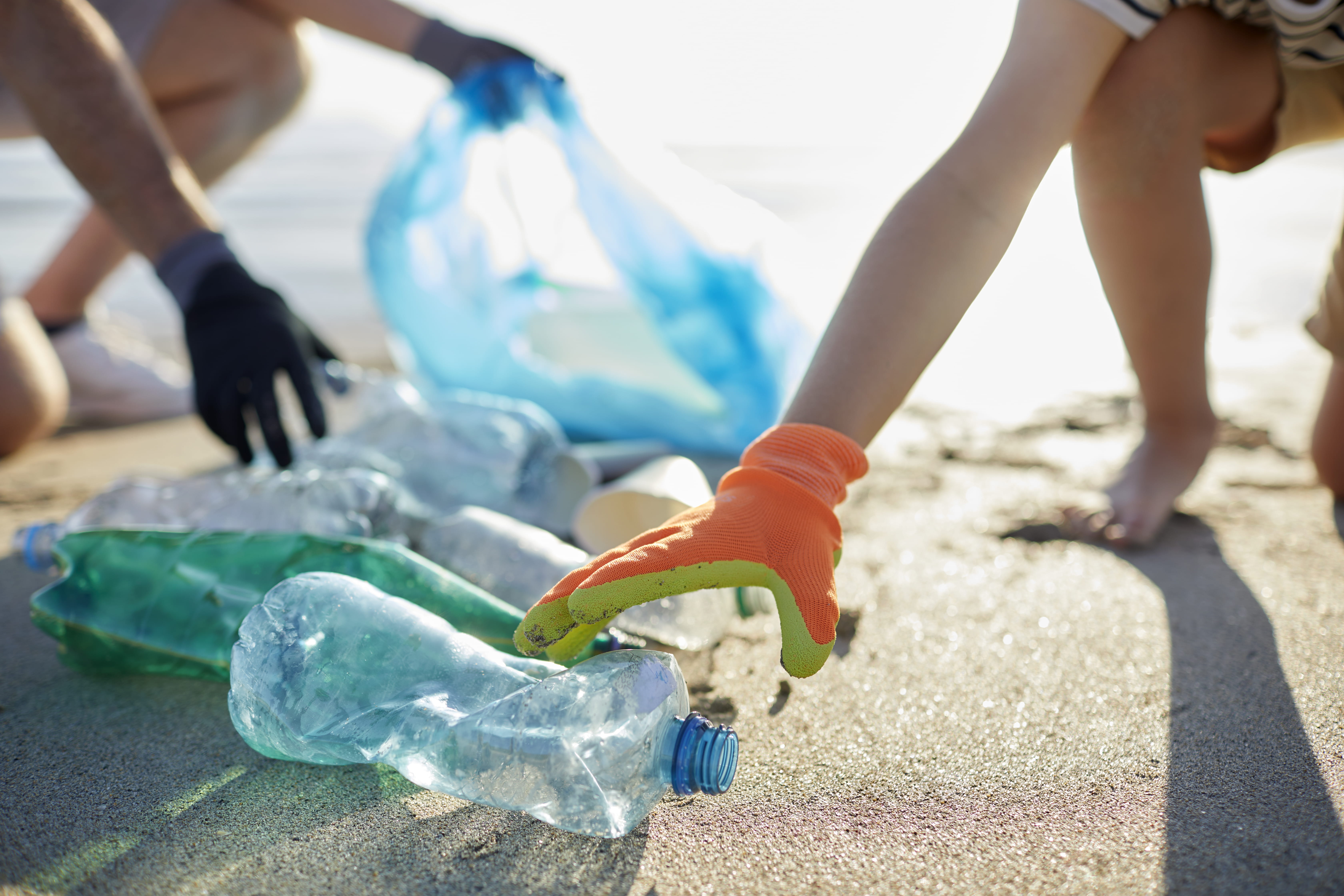
During the year, we announced our investment in Lucro Plastecycle Private Limited, a leading player in recycled flexible plastics. The investment aims to strengthen plastic circularity by increasing the availability of recycled content for flexibles, providing a roadmap for businesses to move towards sustainable plastic packaging and address the challenge of hard-to-recycle flexible plastic.

Our Responsible Partner Policy (RPP) embodies our commitment to responsible, transparent, and sustainable business, structured around Business Integrity & Ethics, Human Rights, and Planet. It guides our expectations for responsible partners. We ensure RPP adherence through self-declaration, due diligence, assessments, and audits, especially in high-risk areas.
We are deploying digital, automation and machine learning-led solutions across the end-to-end value chain.
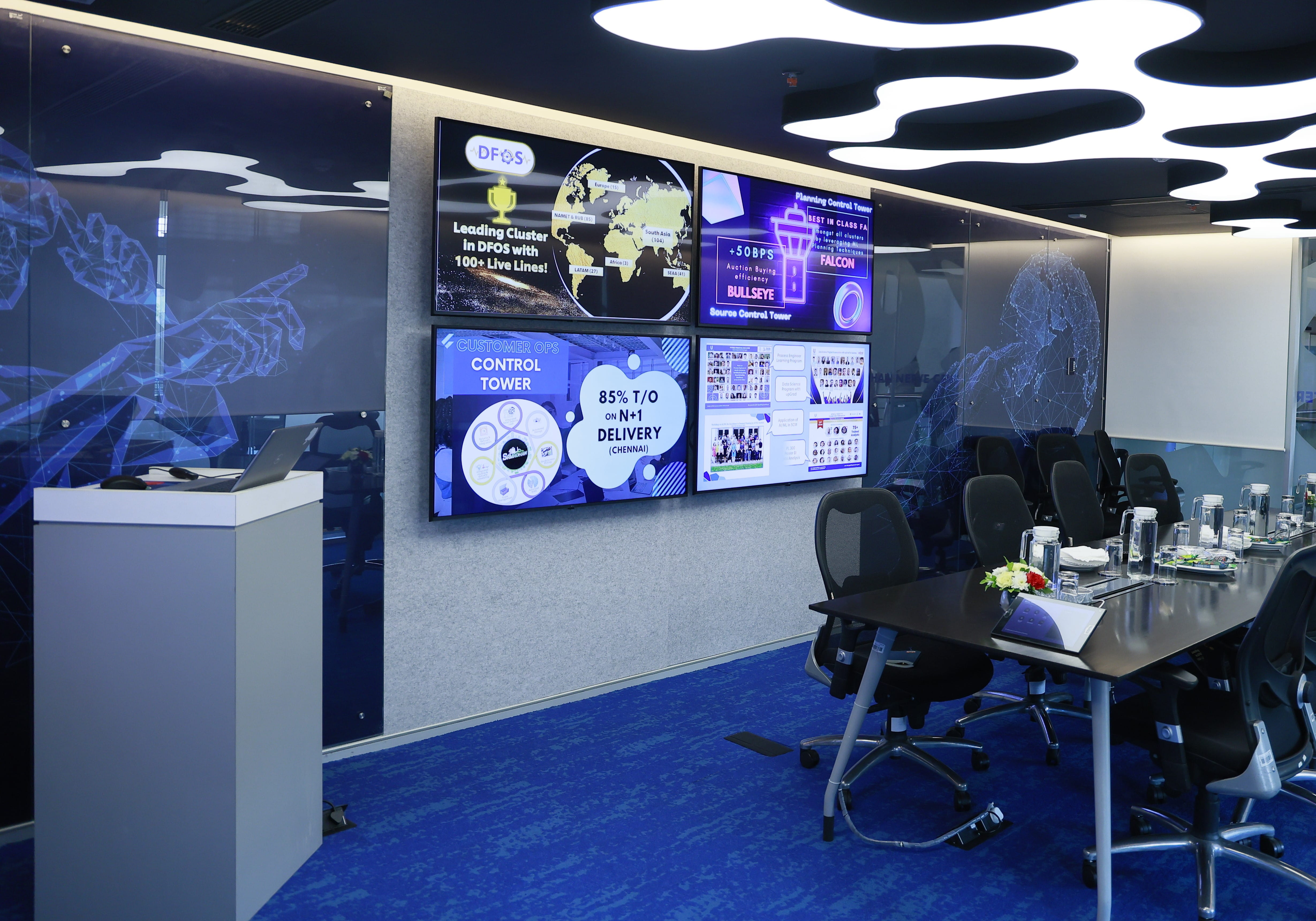
As part of Project Samarth, we are creating an intelligent, customer-centric, end-to-end integrated Supply Chain Nerve Centre (SCNC). The SCNC will provide diagnostic and predictive alerts for proactive responses to disruptions, visibility and insights, intelligent recommendations based on data analytics, and automated execution.
Read more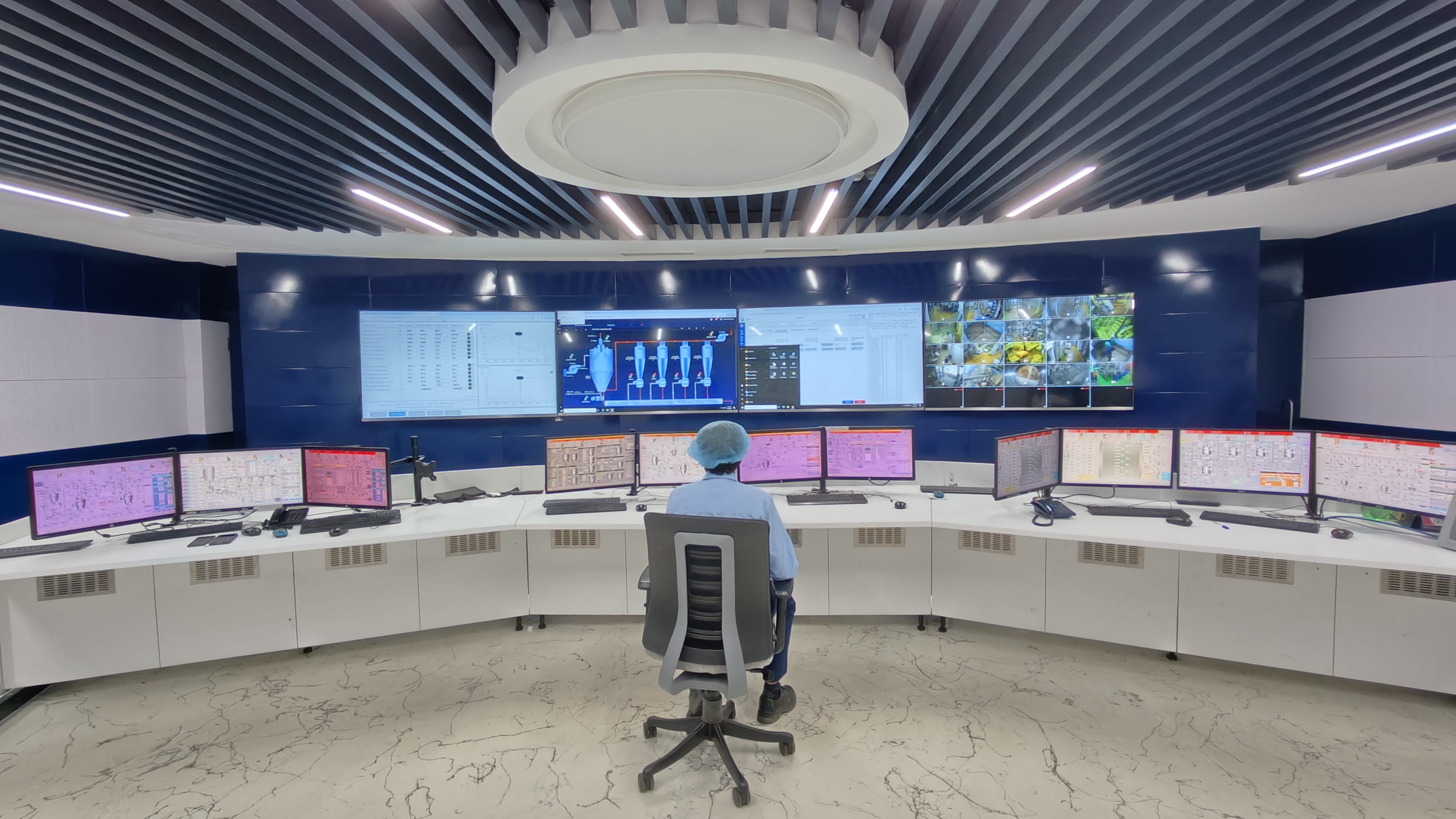
We have leveraged AI to provide actionable insights and recommendations to shop floor operators. Our multiple analytics tools will enable quicker loss analyses, allowing immediate course correction. We have deployed digital twins and AI-led solutions to drive higher service levels, reduce waste, and improve efficiency across our value chain.
Read more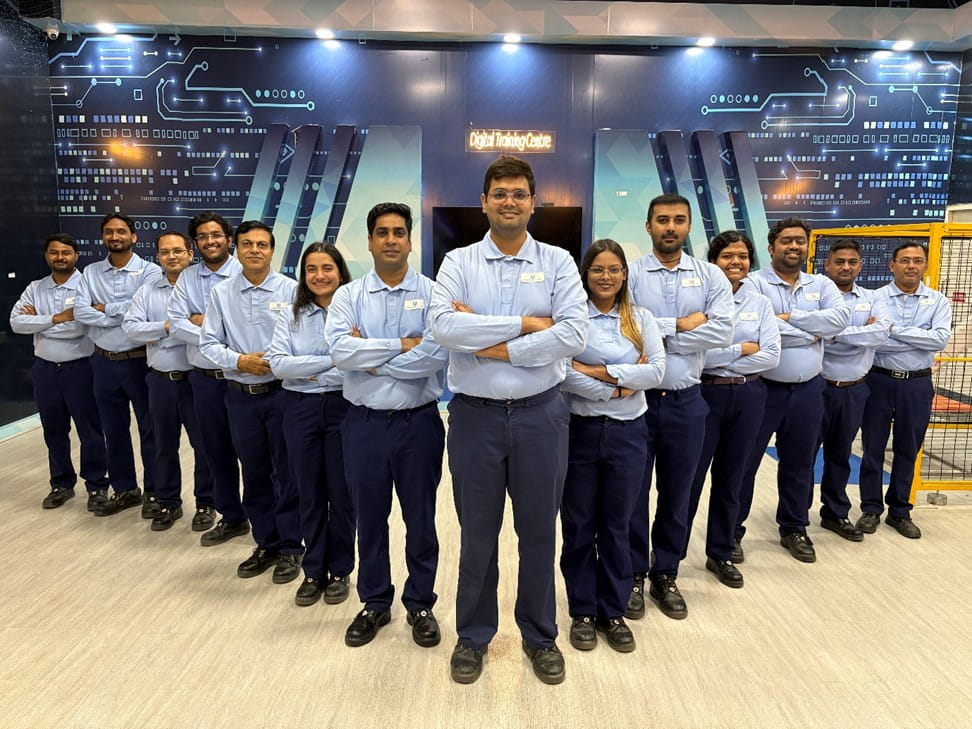
HUL's Doom Dooma Factory's designation as a World Economic Forum End-to-End Value Chain Lighthouse underscores our large-scale adoption of Industry 4.0 technologies. This is HUL's third Lighthouse factory, making us the Indian company with the most WEF-recognised E2E Value Chain Lighthouses.
Read more